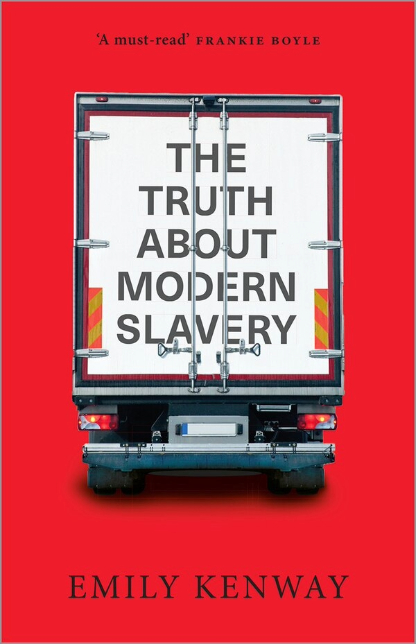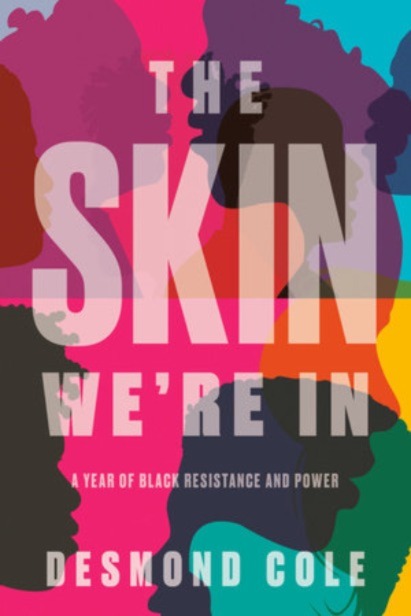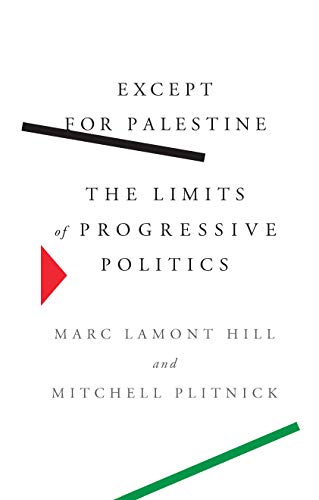Epidemic Illusions: On the Coloniality of Global Public Health, Eugene T. Richardson, MIT Press, 2020, pp. 224, ISBN: 978-0-262-04560-5
The COVID-19 pandemic has brought global public health to the forefront of people’s minds; each and everyone is becoming well-versed in traditionally rarely used words to describe communal health: clusters, community spread, incubation period, PPE, ventilators, super-spreaders. We are all urged to help “flatten the curve.” Concern about public health is, naturally, ubiquitous, and the pandemic has elevated public health officers to the status of celebrities. Tony Fauci in the United States, Bonnie Henry in British Columbia and Theresa Tam federally in Canada grace the covers of many magazine covers and have regular appearances on TV. Health care workers are rightly lauded for their heroic work trying to provide care to severely ill patients. Researchers have performed path-breaking work in sequencing the virus and outlining biological requirements for the development of vaccines. WHO conferences are broadcast around the world.
However, science is undoubtedly only one side of public health. The other reflects how this information is applied to a determined socio-economic structure to regulate social behaviour. It is precisely this aspect that Eugene T. Richardson, an assistant professor at Harvard Medical School and a care provider in various epidemic hotspots in Africa, addresses. The illusions in the title refer not to the veracity of the existence of epidemics but rather how containment strategies are devised in a way to perpetuate inequality and injustice while occulting historical wrongs and present exploitation that cause disparate effects of epidemics in the Global North and Global South, on the rich and the poor. The epidemic illusions are presented as various neo-colonial strategies of epistemic violence that solidify dominant positions of particular social groups and maintain the destitution of others.
Richardson develops his argument by way of marshalling a strong anti-colonial, Third Worldist, liberation ecology of knowledge that cuts through disciplines of philosophy, economics, anthropology, medicine and literature. Even the form in which the book is written is iconoclastic. He uses Bakhtin’s notion of carnivalesque literature to break free from the dominant norms in academic narrative and publishing. Thus, for example, he structures the opening pages around dialogic pragmaticist arguments that take well-established Western principles and subvert them by interrogating their inter logic, not unlike Gregory Bateson’s opening in Steps to an Ecology of Mind. Standard forms of peer-reviewed articles are banalized to uncover their colonial predispositions, while the chapters themselves are retitled “redescriptions.” Each deals with a particular aspect of public health and subverts its dominant narrative. Richardson’s book is an excellent example of how publications can transcend the confines of their covers and act as praxis, subverting both through form and content and actively agitating against synchronic visions, while providing no concrete plans forward, in line with the belief in pluriversal, rather than universal, truth. Throughout the book, Richardson is conscious of his position as a privilege-exerciser, upper-middle-class white-settler, member of heteropatriarchy that benefits from this epistemological violence, though through the book, he actively attempts to undermine it. In the self-destruction of one’s identity lies the potential for global liberation, for networks of exploitation and domination that comprise it would necessarily cease to exist.
The main contention of Richardson’s book is that current epidemiological responses to epidemics are structured by the concept of coloniality, which “attempts to capture the racial, political economic, social, epistemological, linguistic, and gendered hierarchical orders imposed by European colonialisms that transcended “decolonization” and continue to oppress in accordance with the needs of pan-capital.” The needs of pan-capital in response to epidemics take the form of universal Truths, protected by international non-governmental organizations, such as the WHO. In addressing the ebola epidemic that raged through Western Africa from 2013 to 2016 and WHO’s response to it, Richardson shows how the organization was primarily concerned with upholding its principles of cost-effectiveness and self-protection rather than the provision of rapid emergency care. It shunned partnerships and maintained confined to its bureaucratic iron cages. As a result, patients were not given potentially life-saving treatment but were merely contained in Ebola Holding Units and left to die, even though infected health practitioners from the West were successfully treated in their home countries. While aggressive treatment was prioritized in the West, the WHO promoted “patient isolation, safe burial practices, contact tracing and infection control,” which resulted in many potentially avoidable deaths.
At the time, the whole of Western Africa was turned into a holding unit to prevent transmission to the West. These individual holding units housed patients and researchers who saw an opportunity to advance their academic careers back in the North by performing research on these (quite literally) subjects without any clinical delivery. In one quite harrowing research project, Richardson recounts a Harvard Medical School project where researchers observed rates of transmission of HIV between seropositive and seronegative partners in the Congo without telling the seronegative people of their partners’ positive HIV status. There is hardly any difference between Leopold’s colonial brutality and neo-colonial brutality under an academic guise. Both types of violence rely on exploiting the victims for predatory accrual of resources and/or symbolic capital.
Richardson maintains that these injustices do not prove the international system’s failure, for it is precisely how it is supposed to function. It has in-built systems of ideological subjugation, which the dominant episteme validates and through which those who intend to help, in effect, do harm while profiting from it. Furthermore, epistemic violence limits possible solutions and explanations for epidemics and rids the colonizer of his responsibility. In the book, Richardson analyzes epidemiology as an apparatus (in the Agambenian sense) of ideological reproduction. Through bourgeois empiricism, epidemiology performs a political act that hides behind its ostensible objectivity. Its causal inferences, Big Data, regressions, and modelling conceals structural determinants of infection rates and individual susceptibilities, which are based on power relations. Histories of colonial violence, structural adjustment plans, slavery, purposeful underdevelopment and illicit financial flows shape societies and individual responses to epidemics. However, modern epidemiology fails to account for the structure and pins the responsibility on individual lifestyle choices. From these individualized narratives stem racist headlines and explanations of racialized bodies being more susceptible or infantilizing accounts of African societies being superstitious when they distrust foreign organizations (who plunder their land and destroy their livelihood). Health metrics are designed to legitimize structural violence and ensure its continued reproduction. Richardson’s analysis concludes that “Public Health manages (as a profession) and maintains (as an academic enterprise) global health inequity.”
Richardson’s book is a sobering account that presents a powerful case universalization of knowledge. His method of critical inquiry can be applied well beyond public health to any exercise in social inquiry to deconstruct coloniality and help the process of liberation. In Epidemic Illusions, Richardson offers a potent critique of neo-colonialism by subverting the dominant modes of thinking. These hegemonic methodological exercises applied in global public health practices are political weapons wielded in defence of the existing social order built upon the structural and symbolic violence perpetrated by the West. “Being mindful not to displace an activist culture with a textual culture,” in his book, Richardson has managed to fuse both into an honest commitment to decoloniality.




